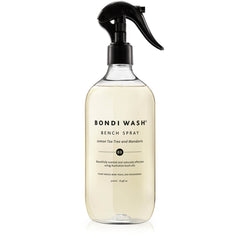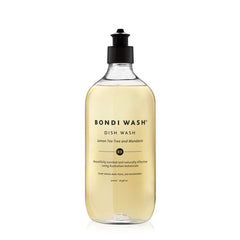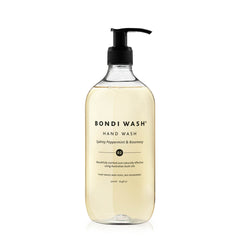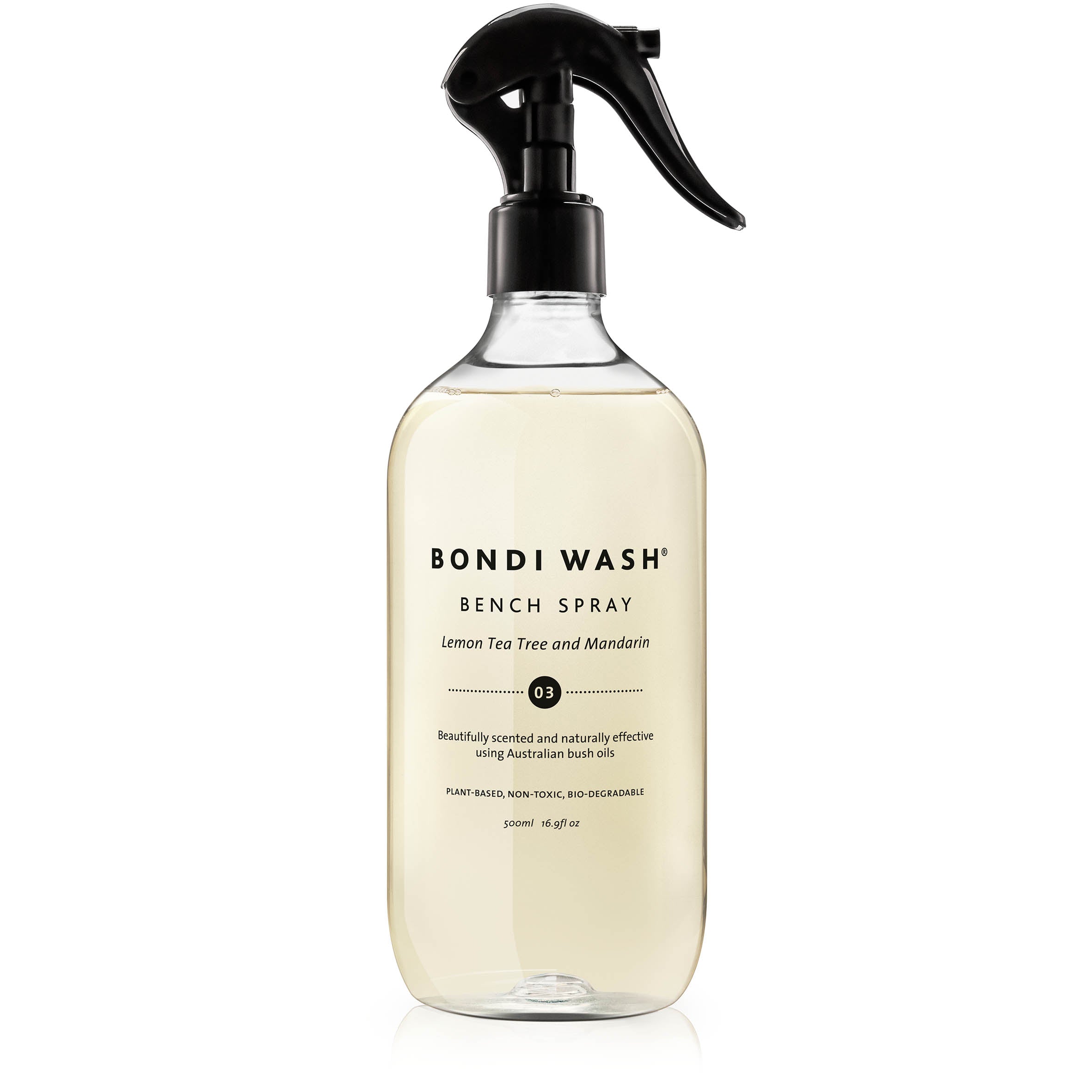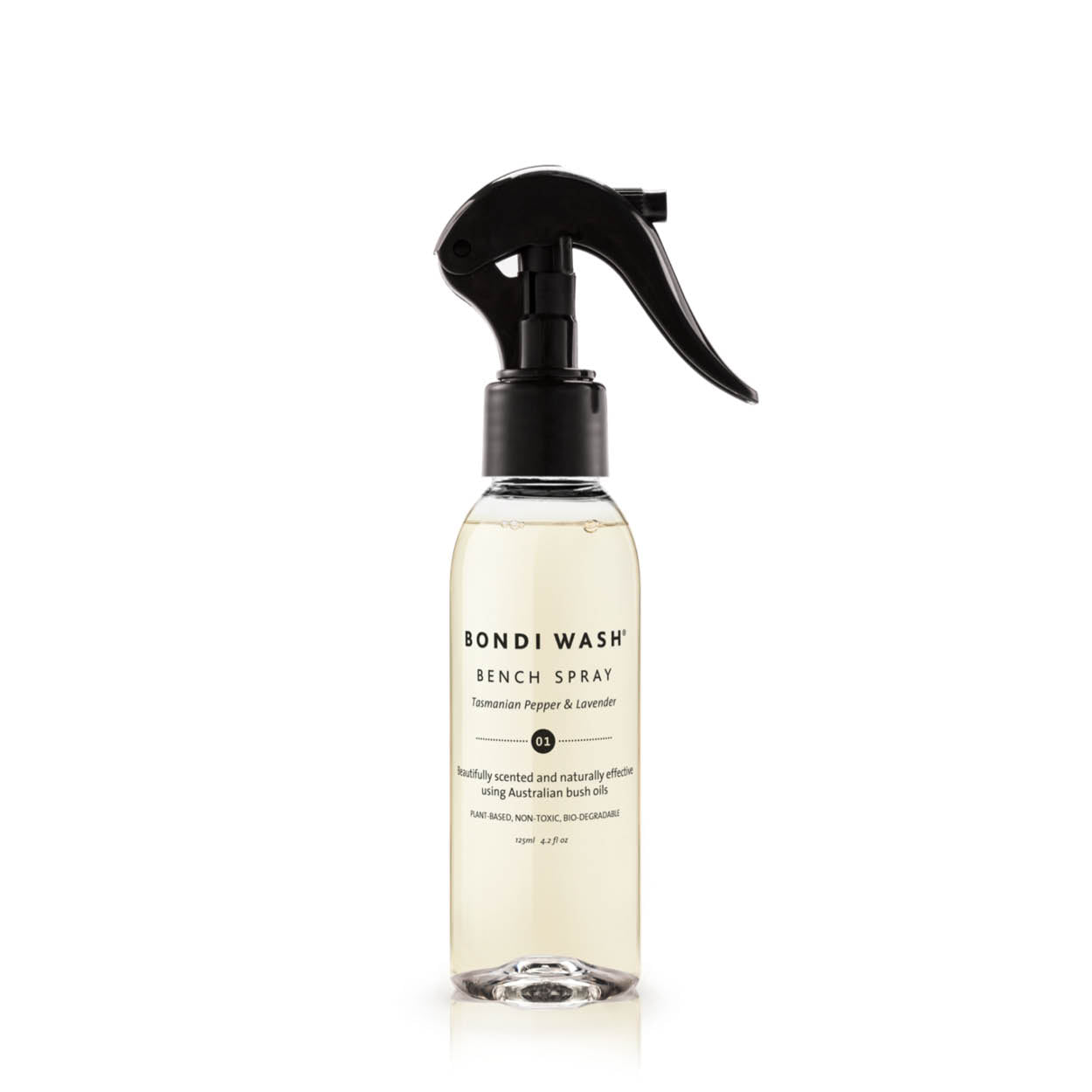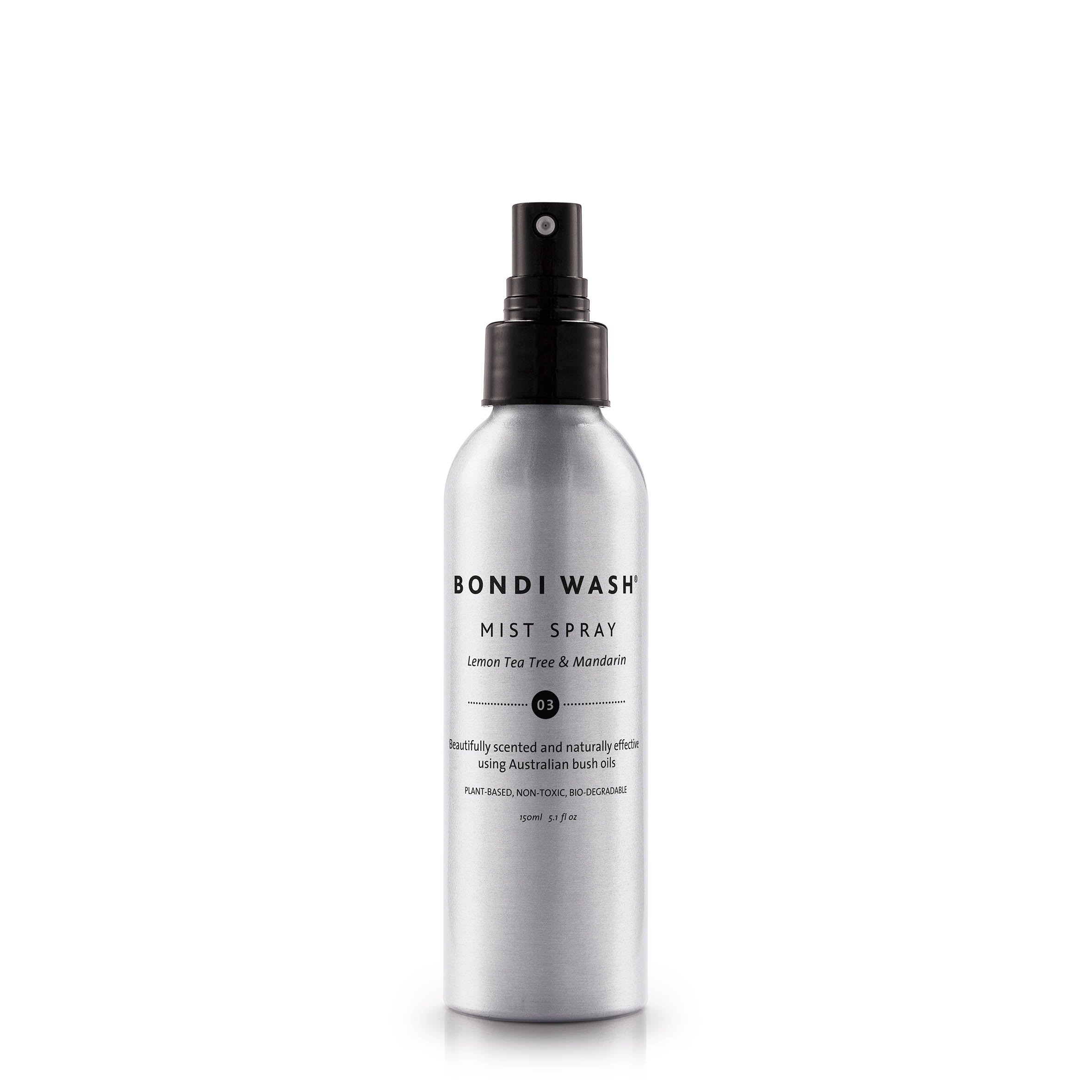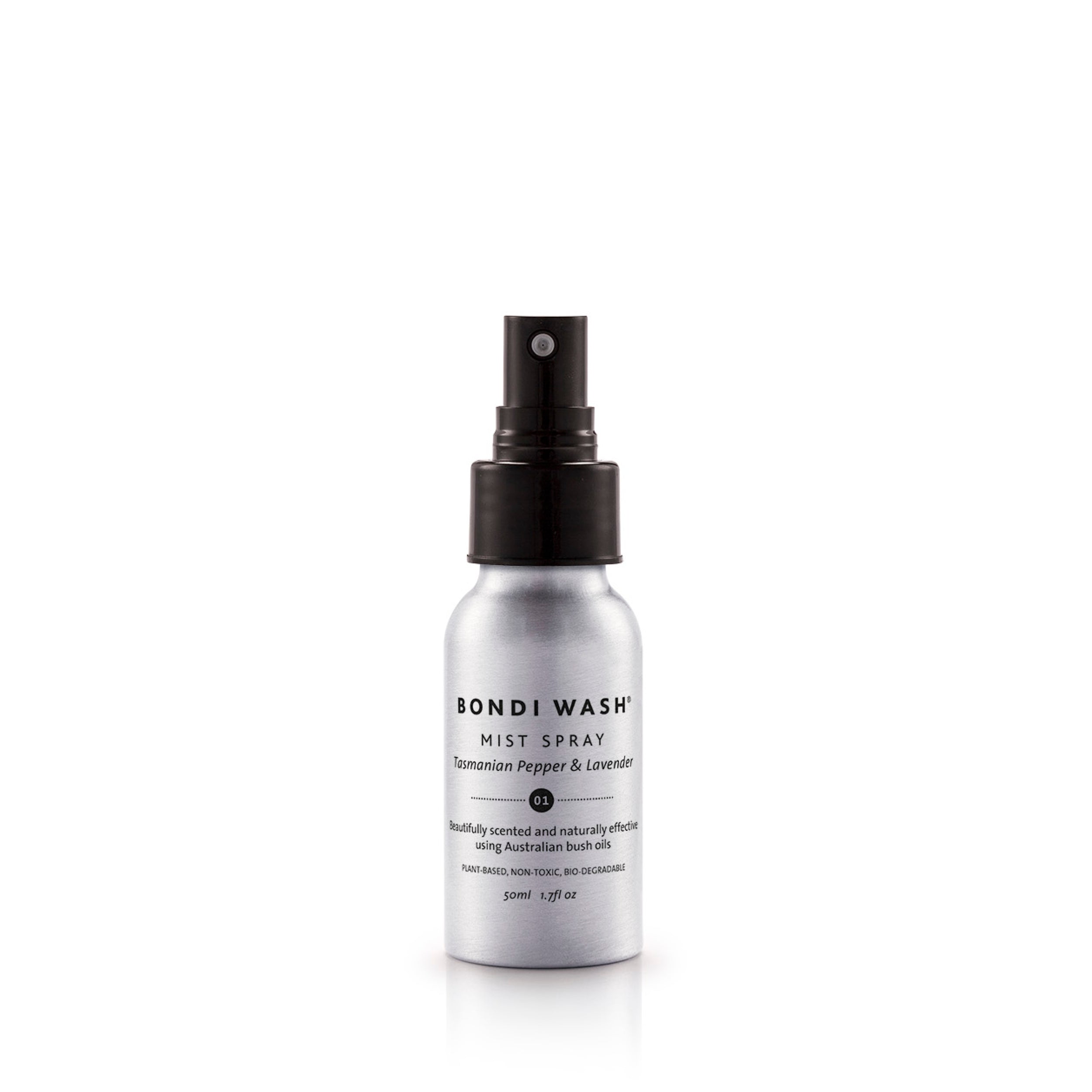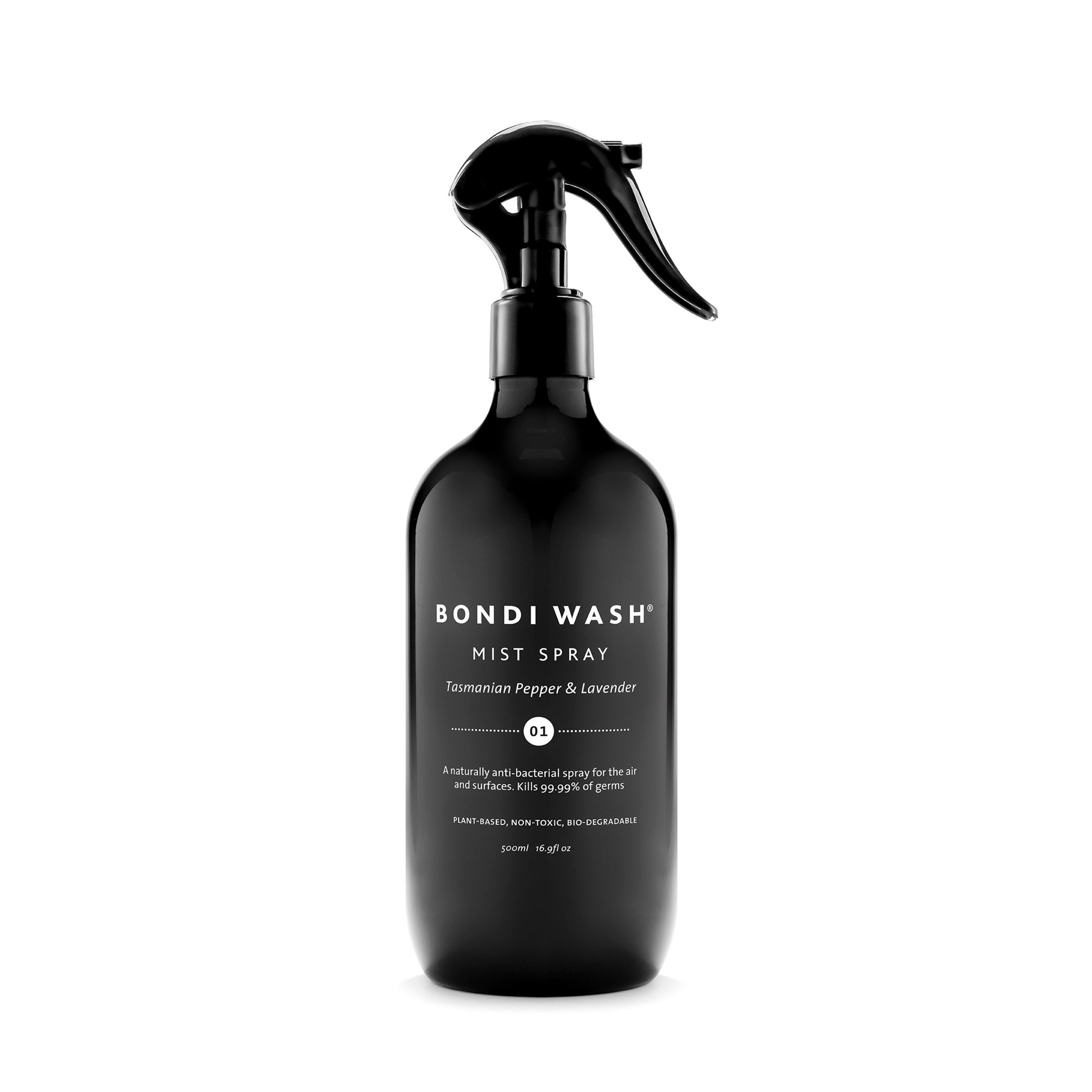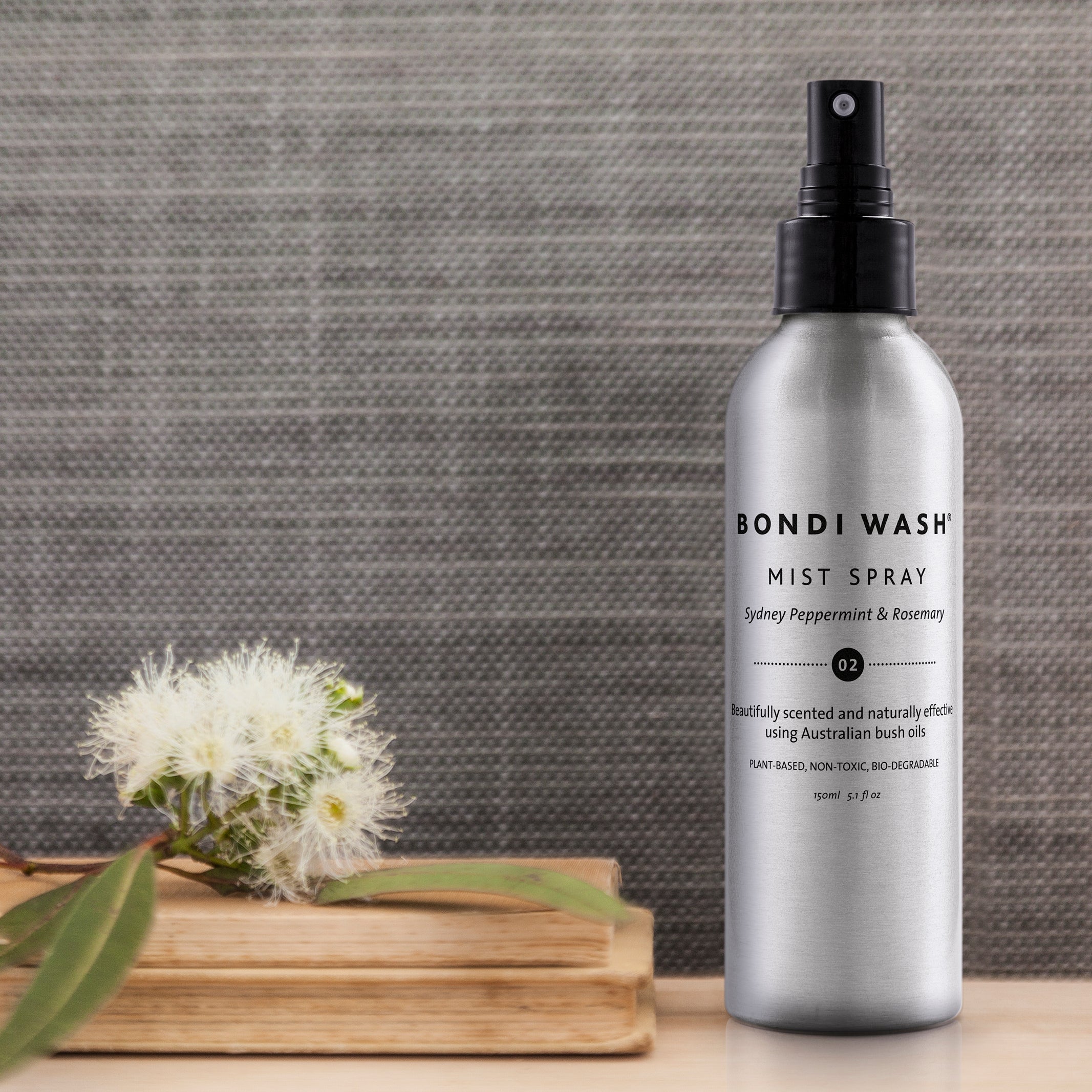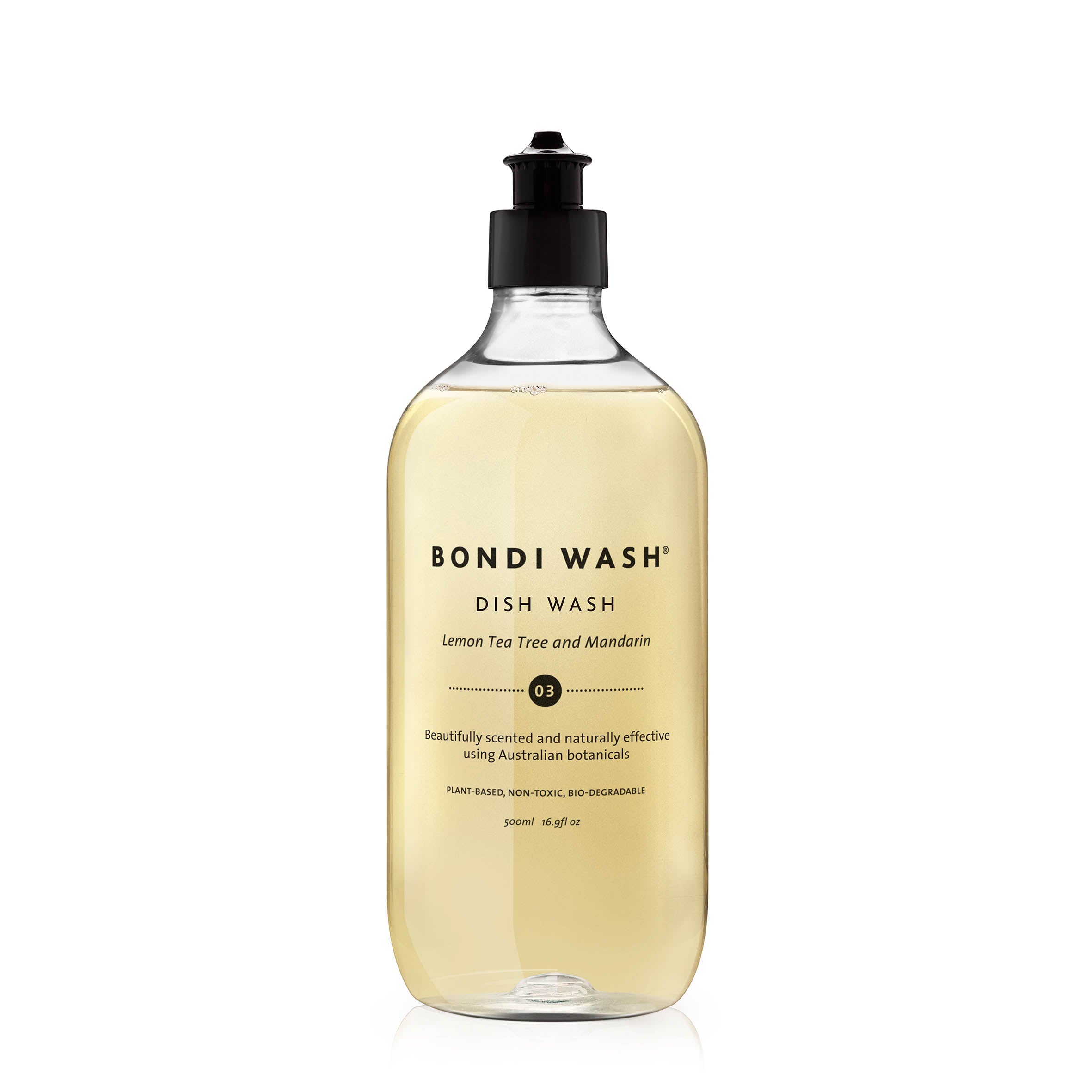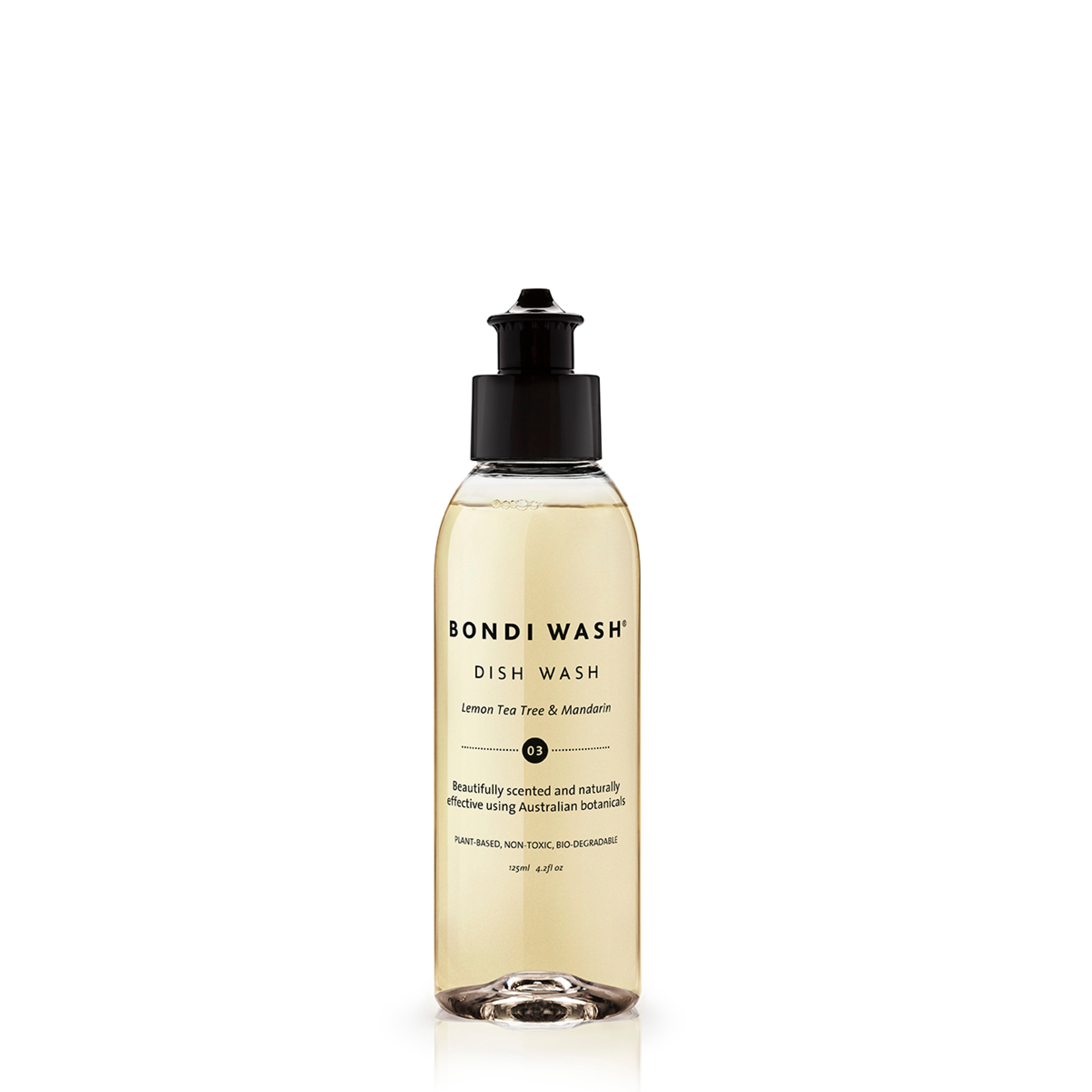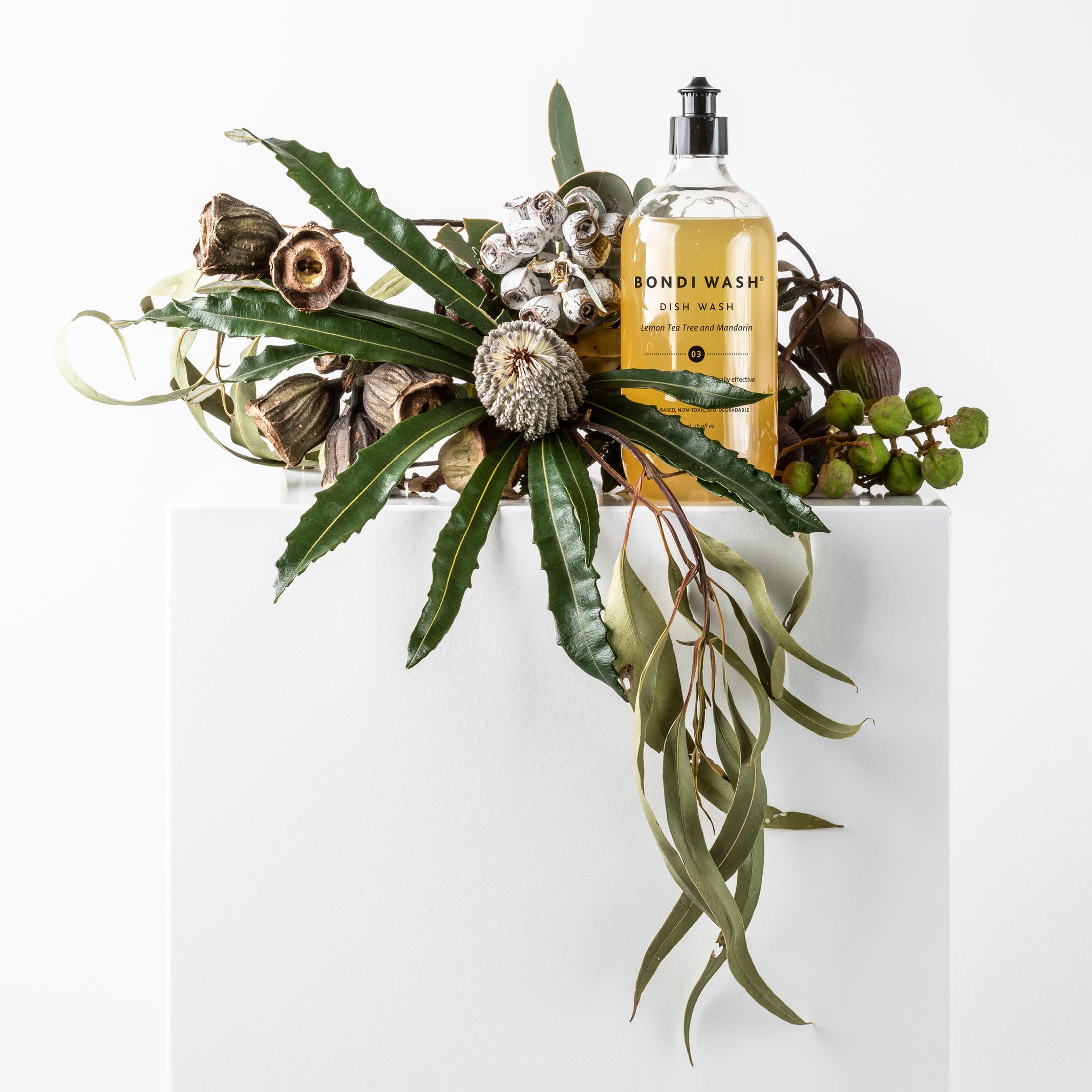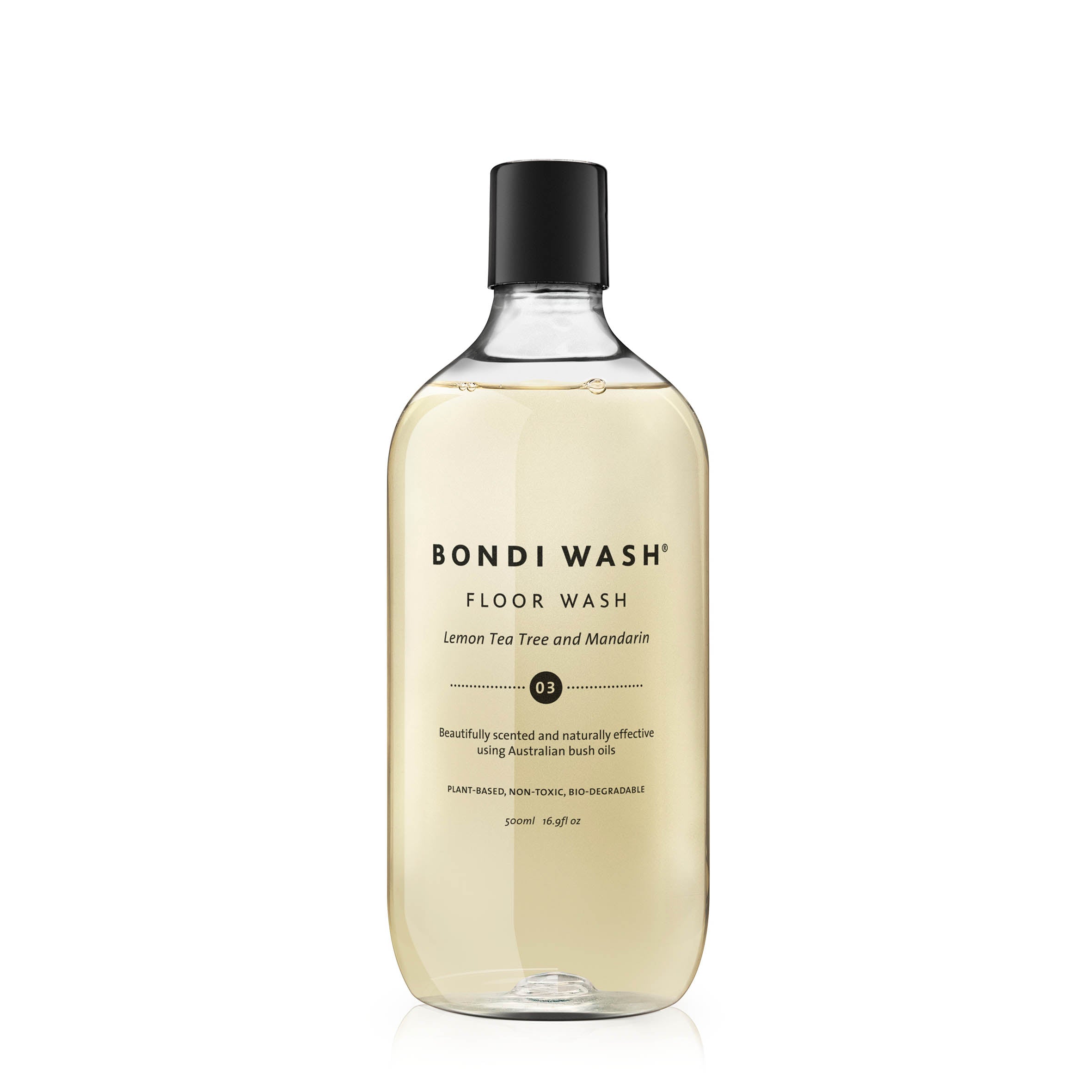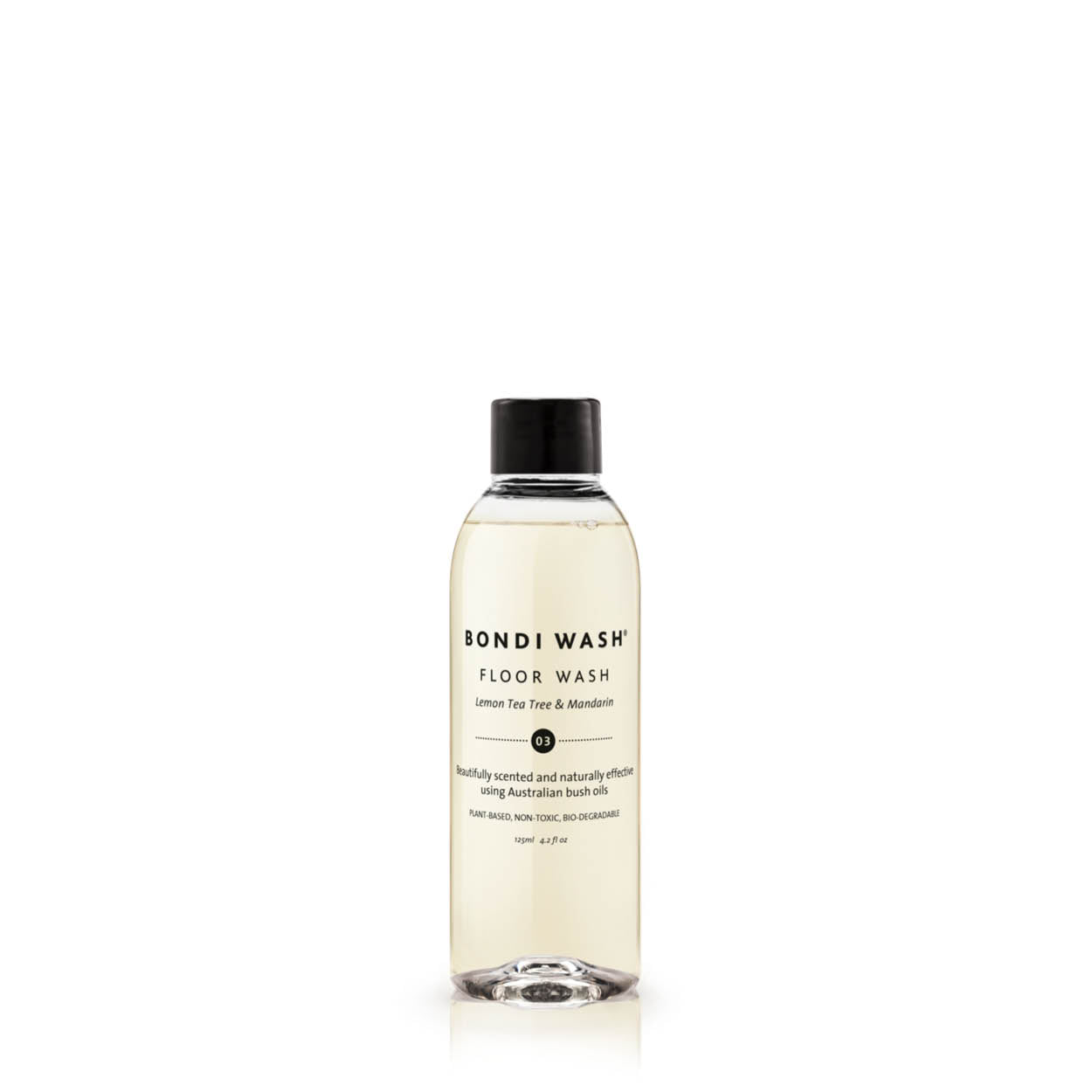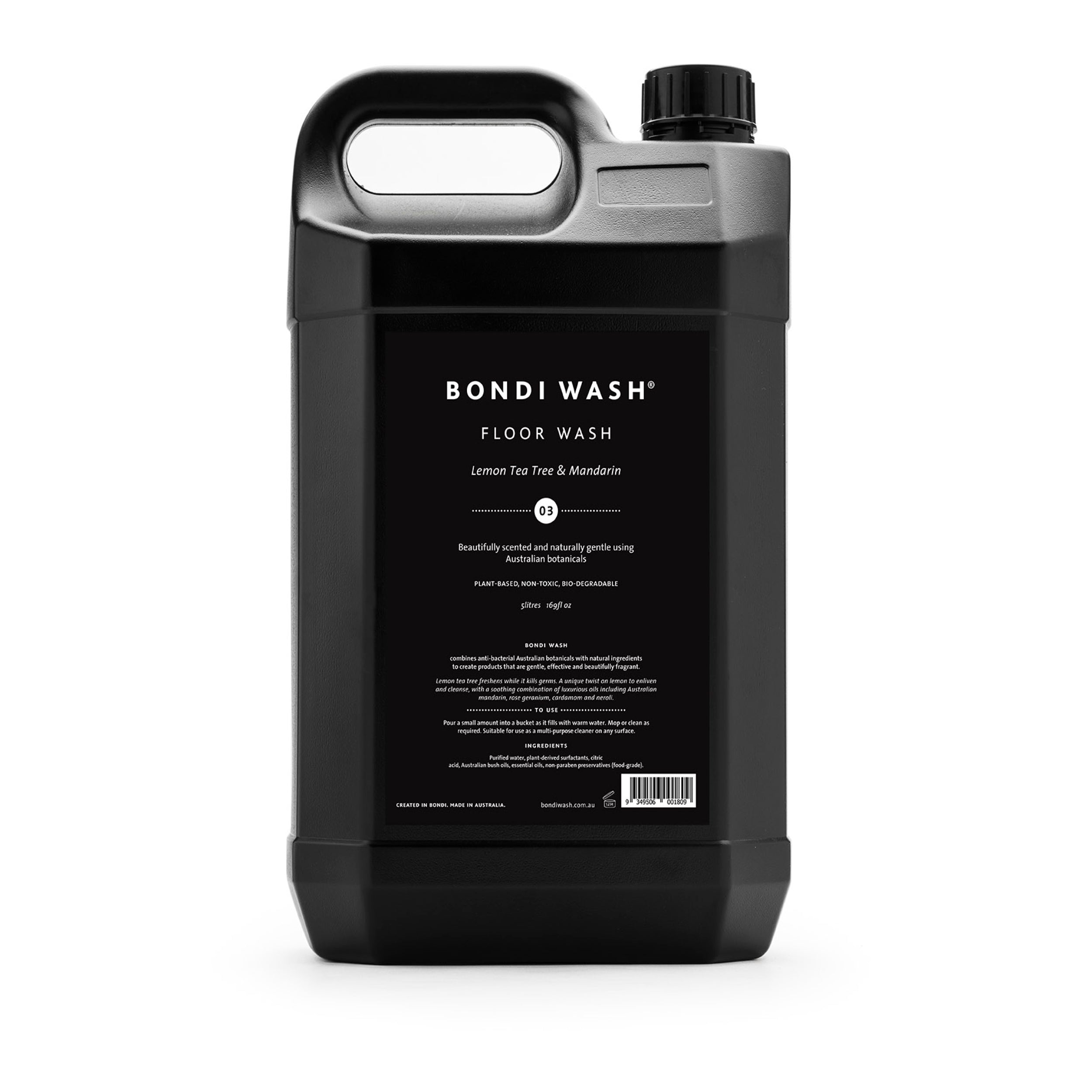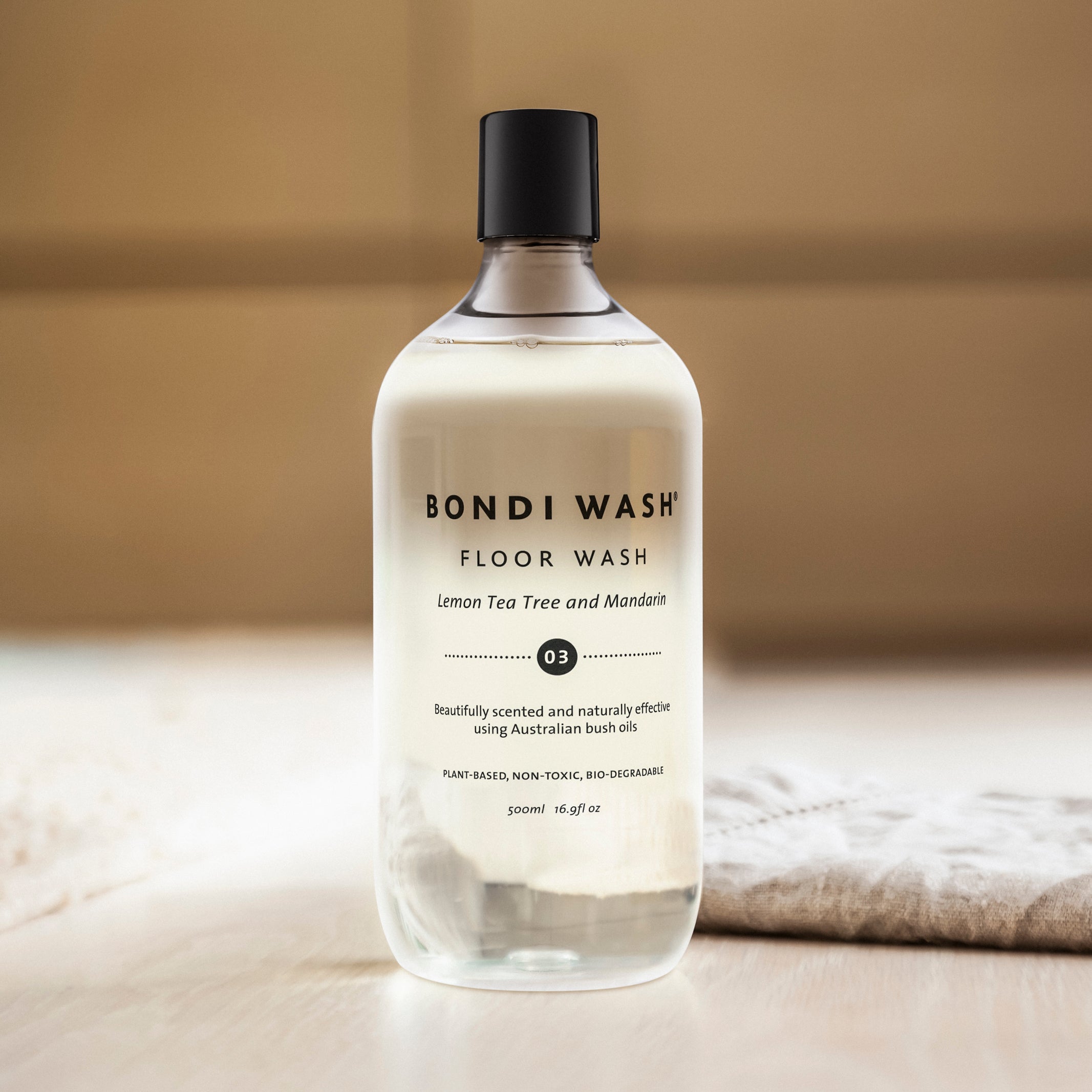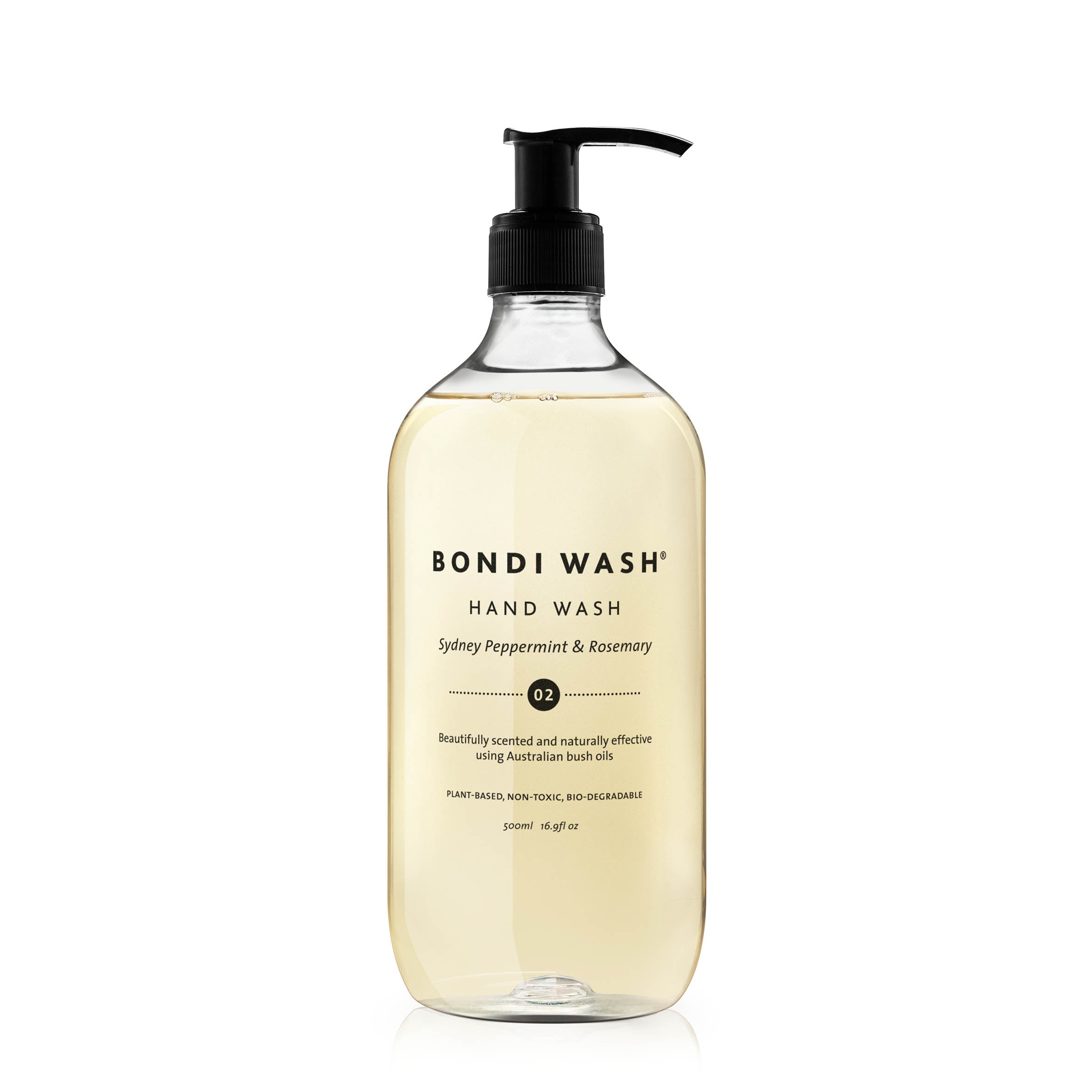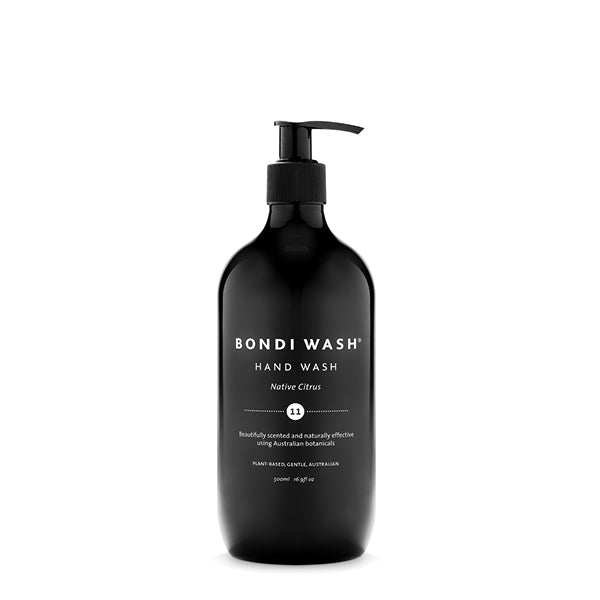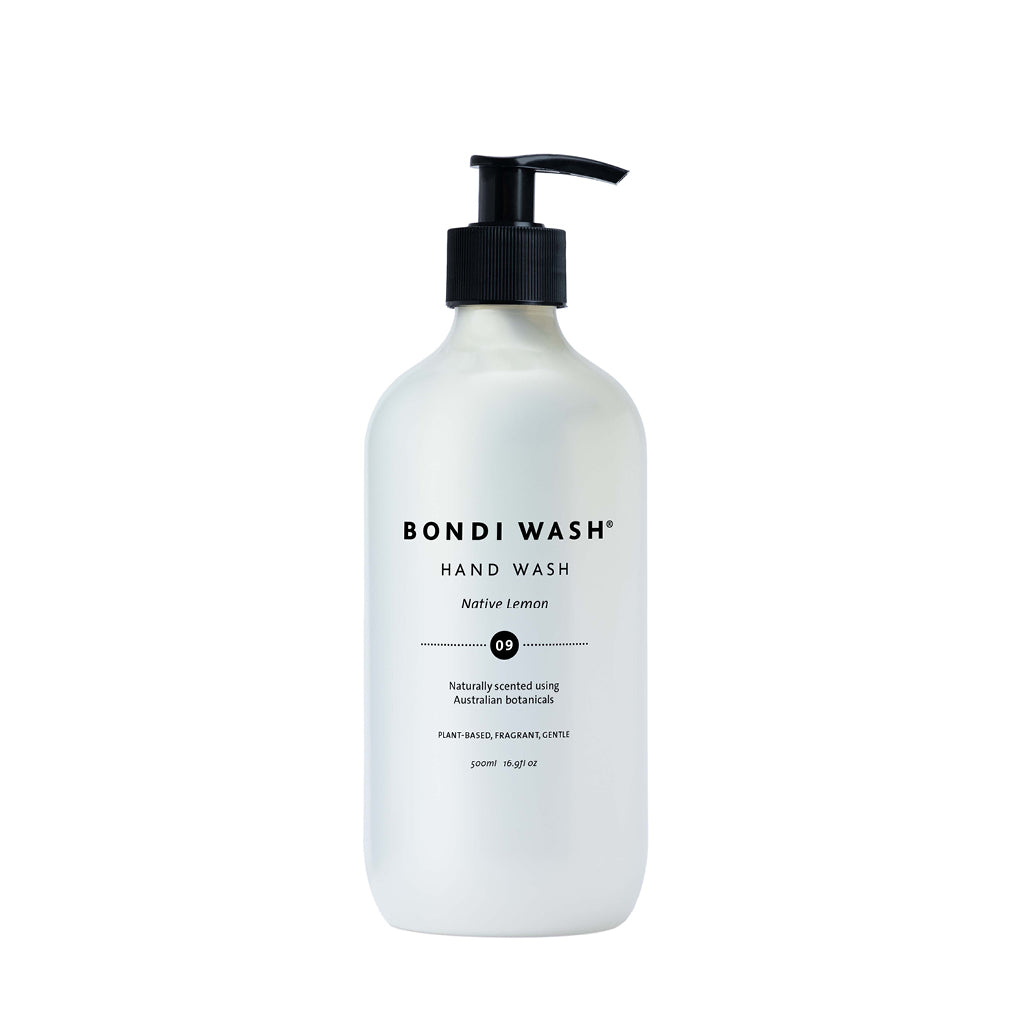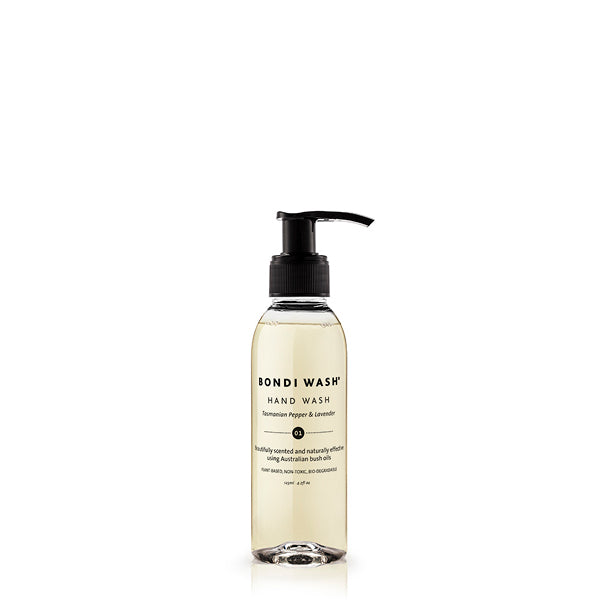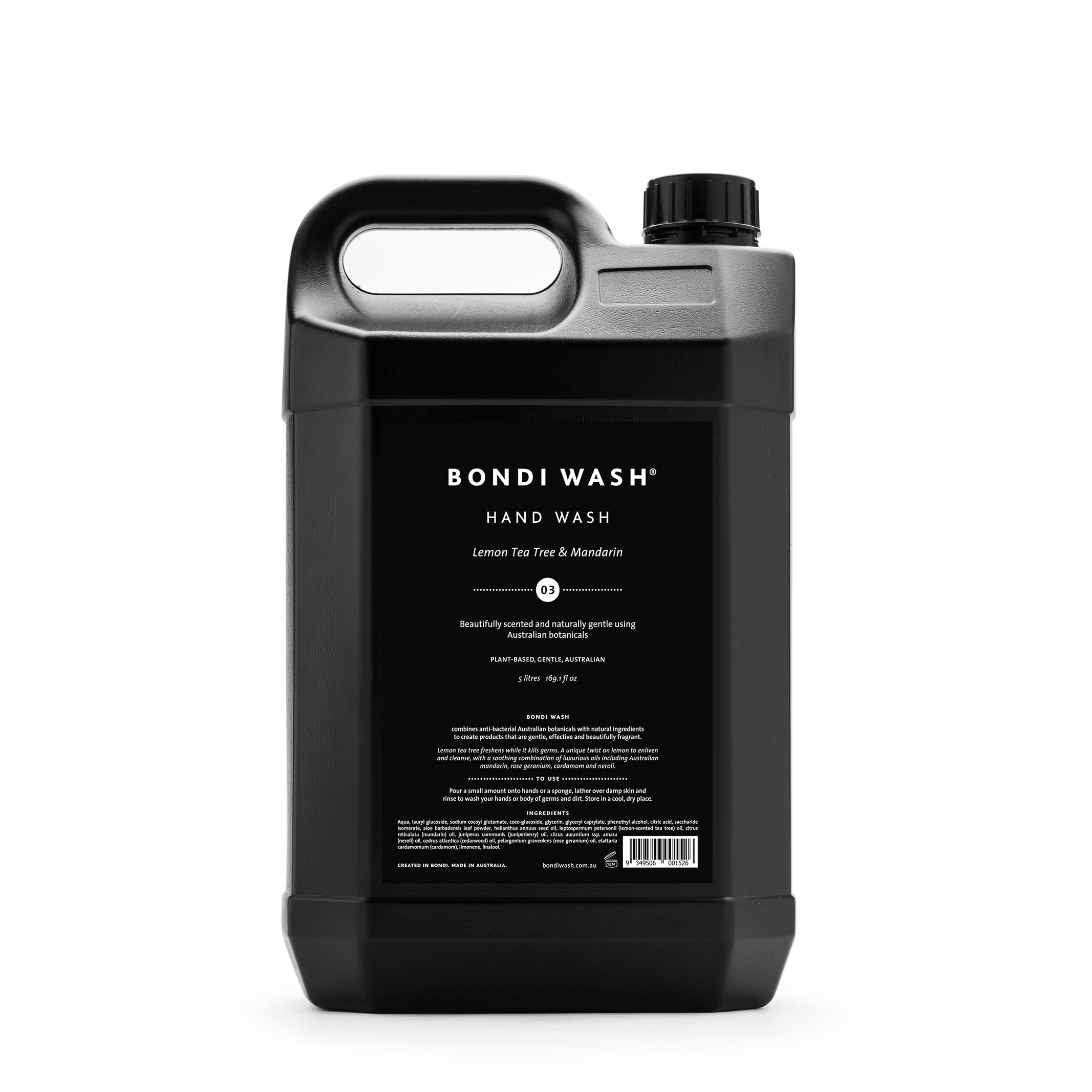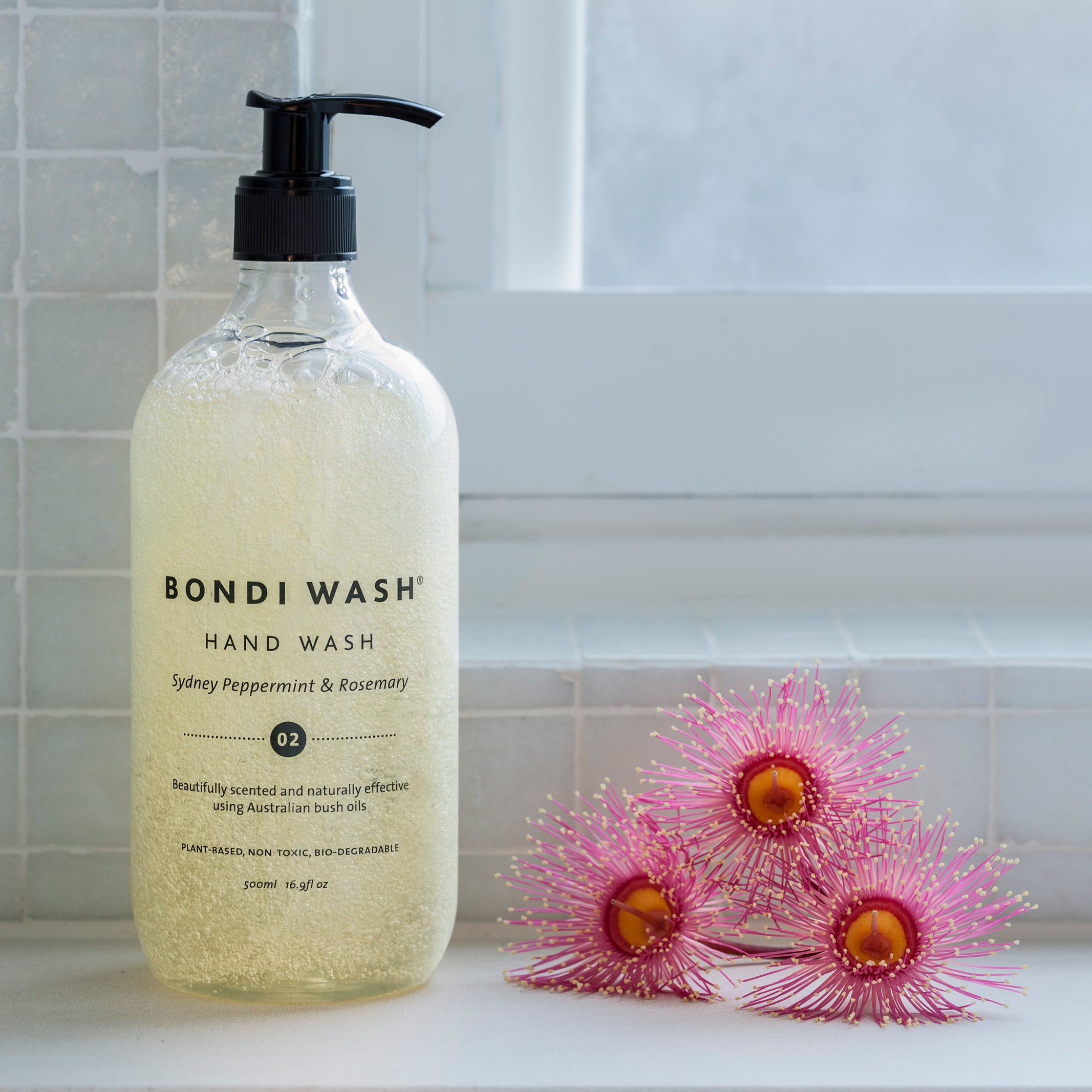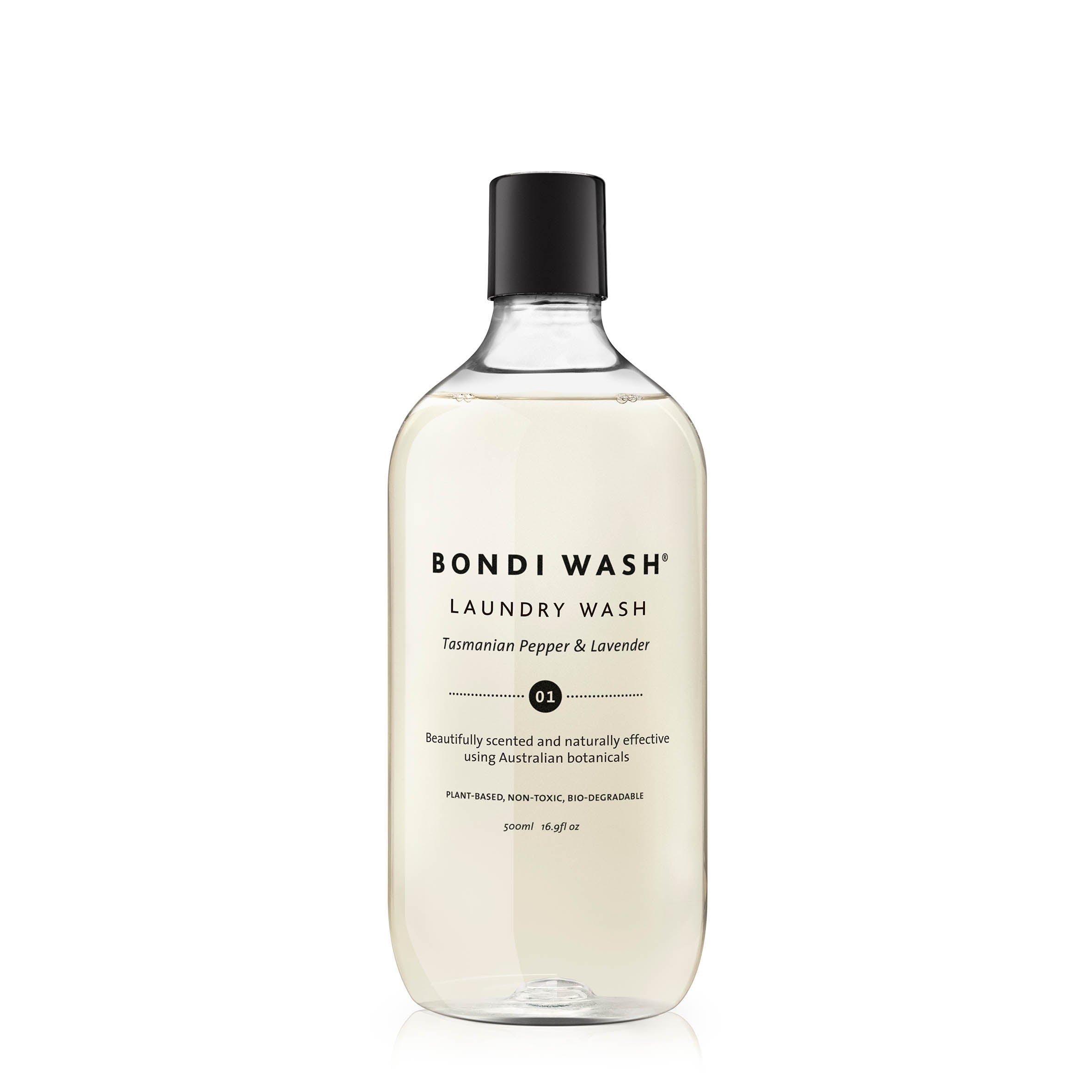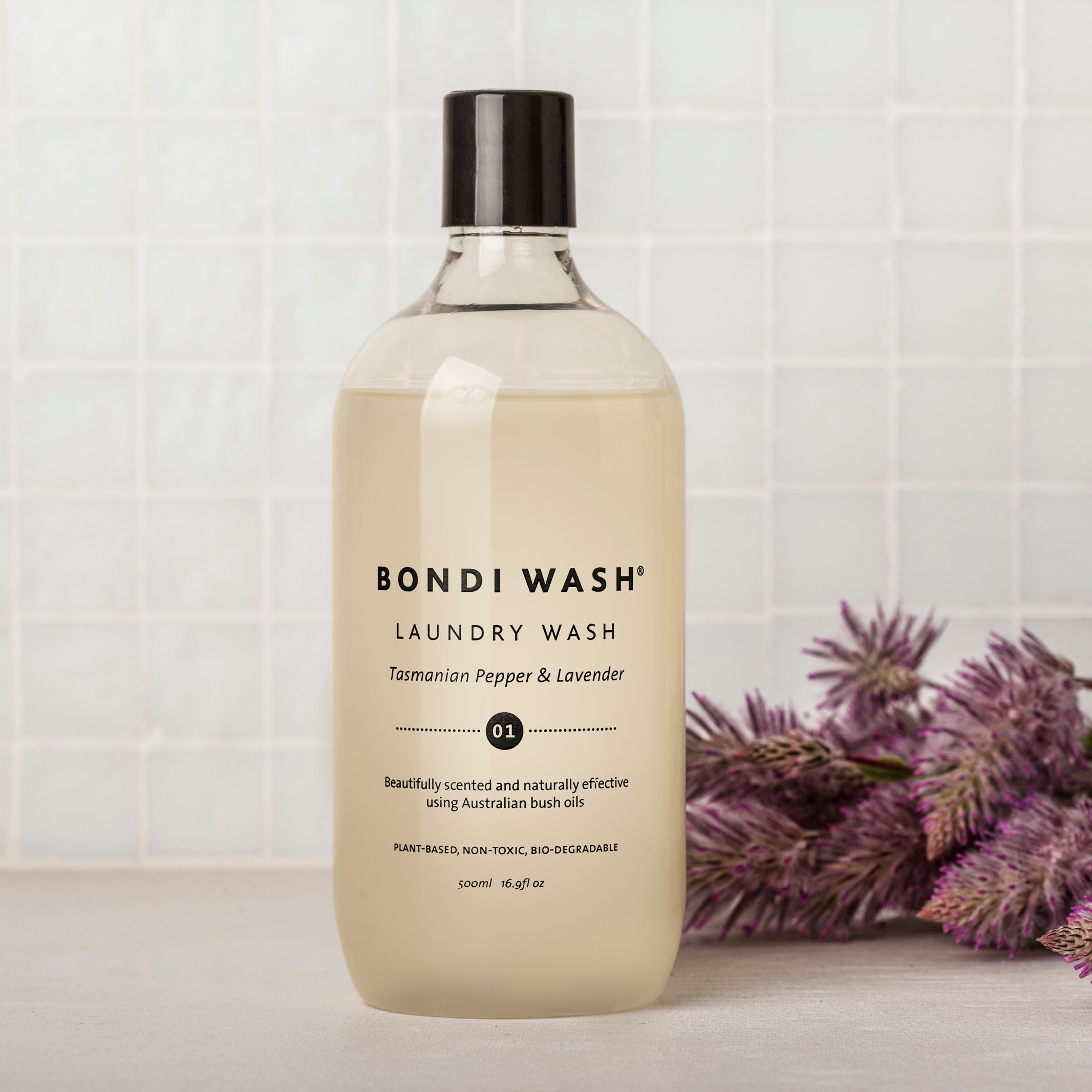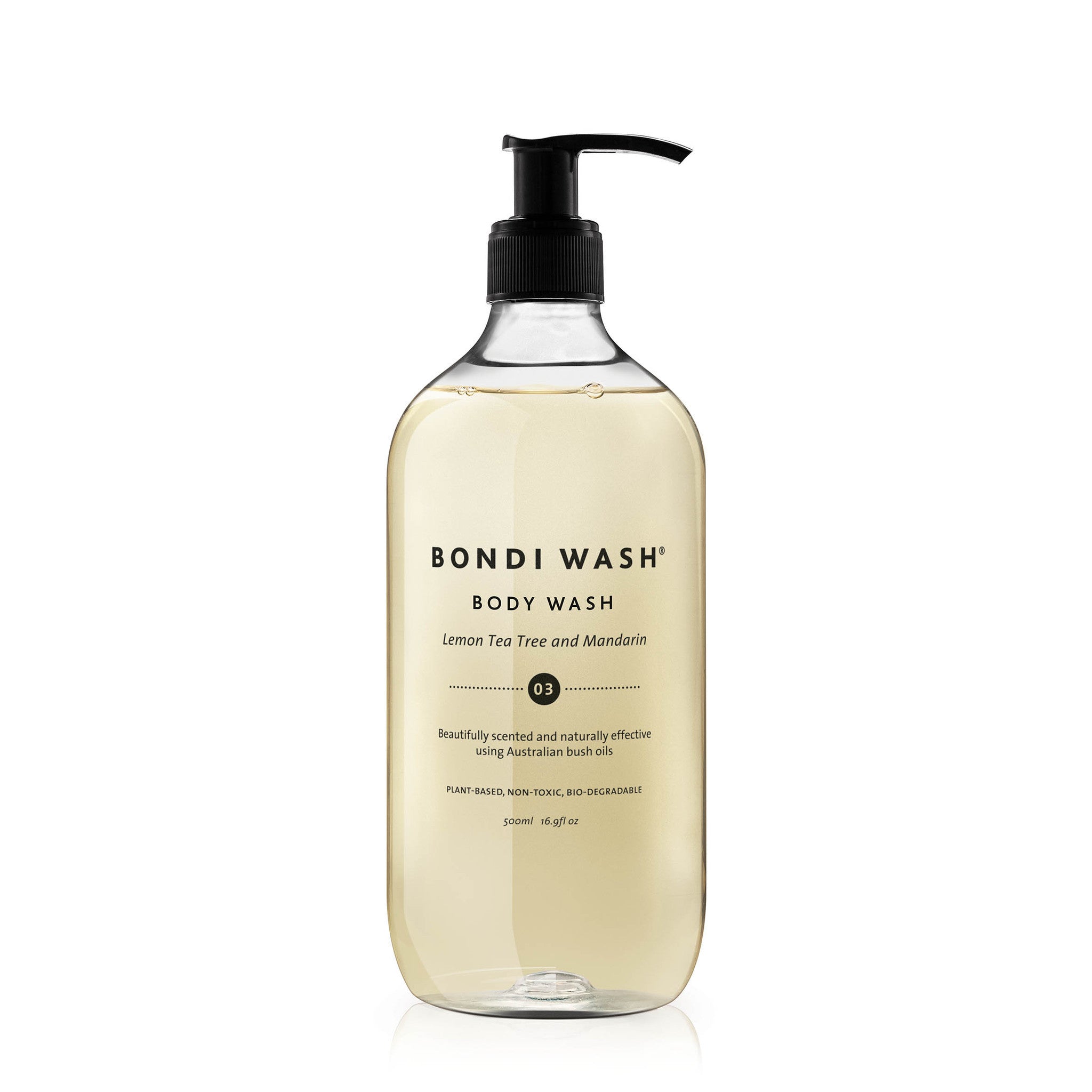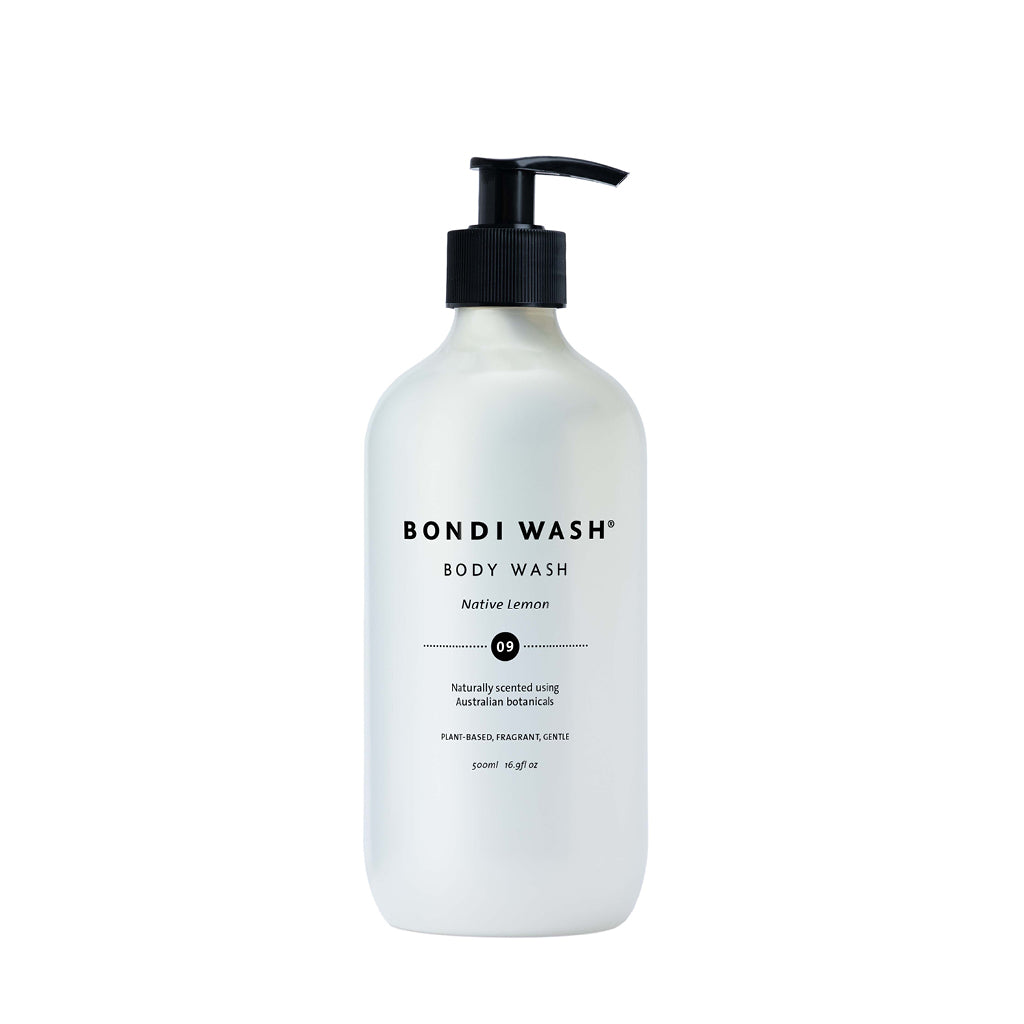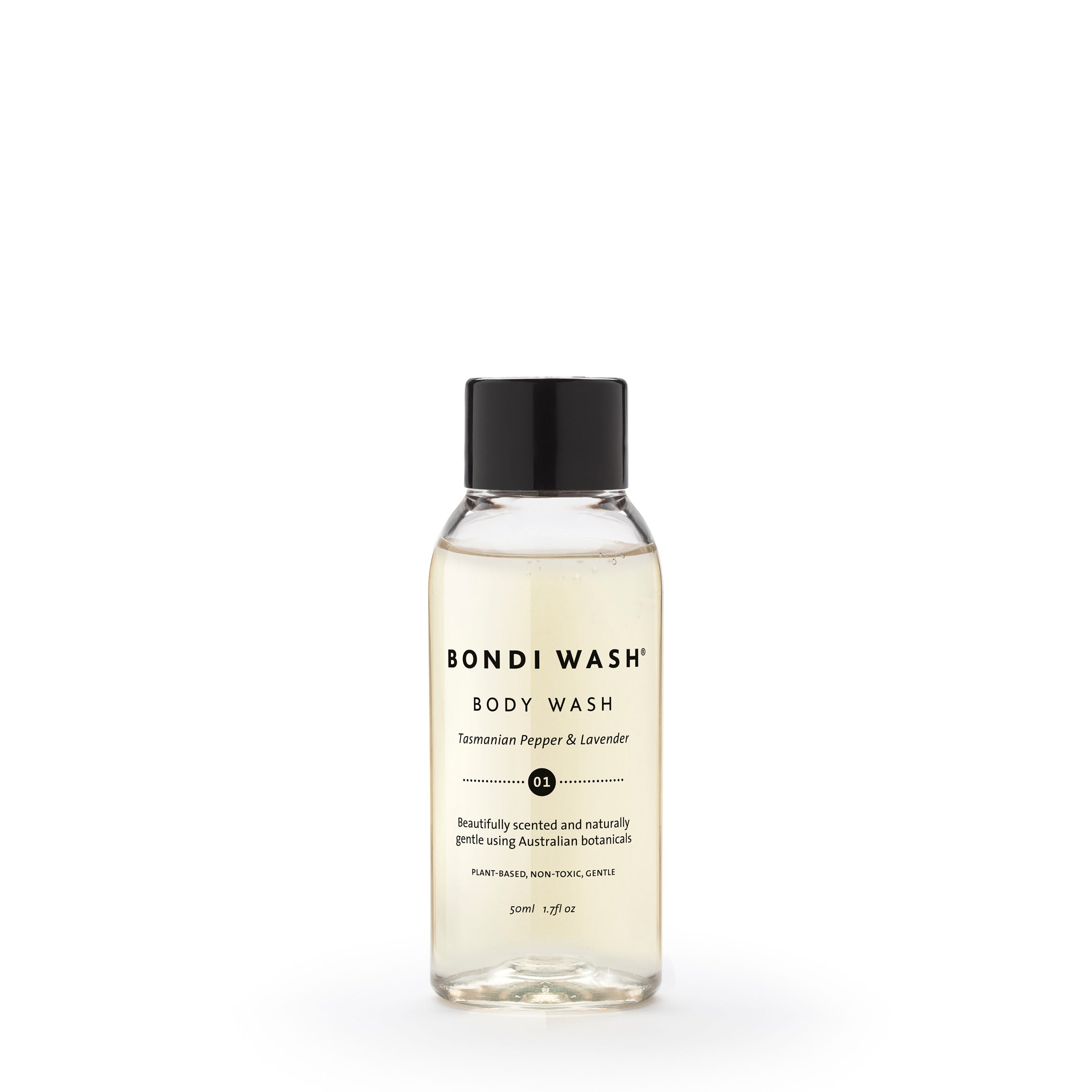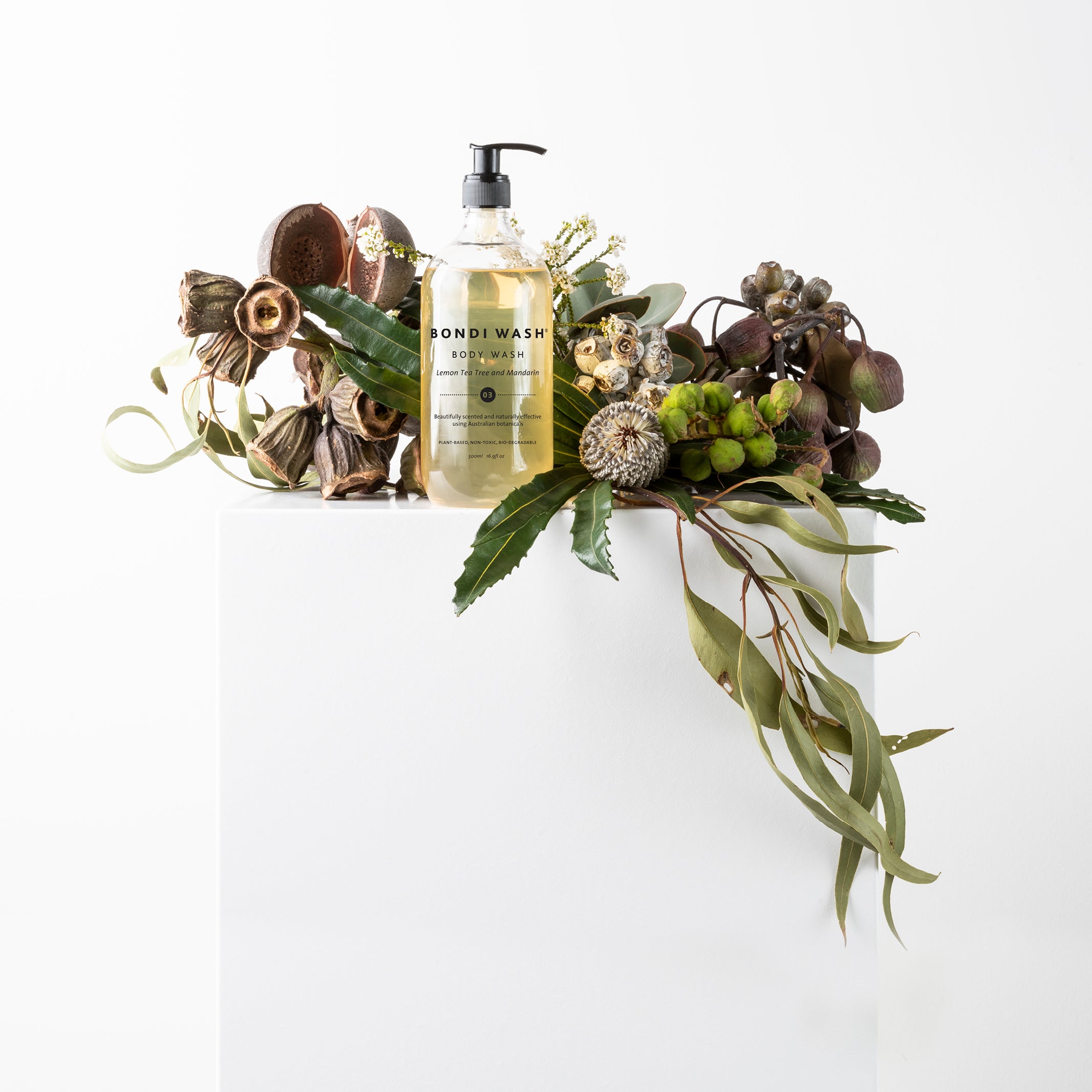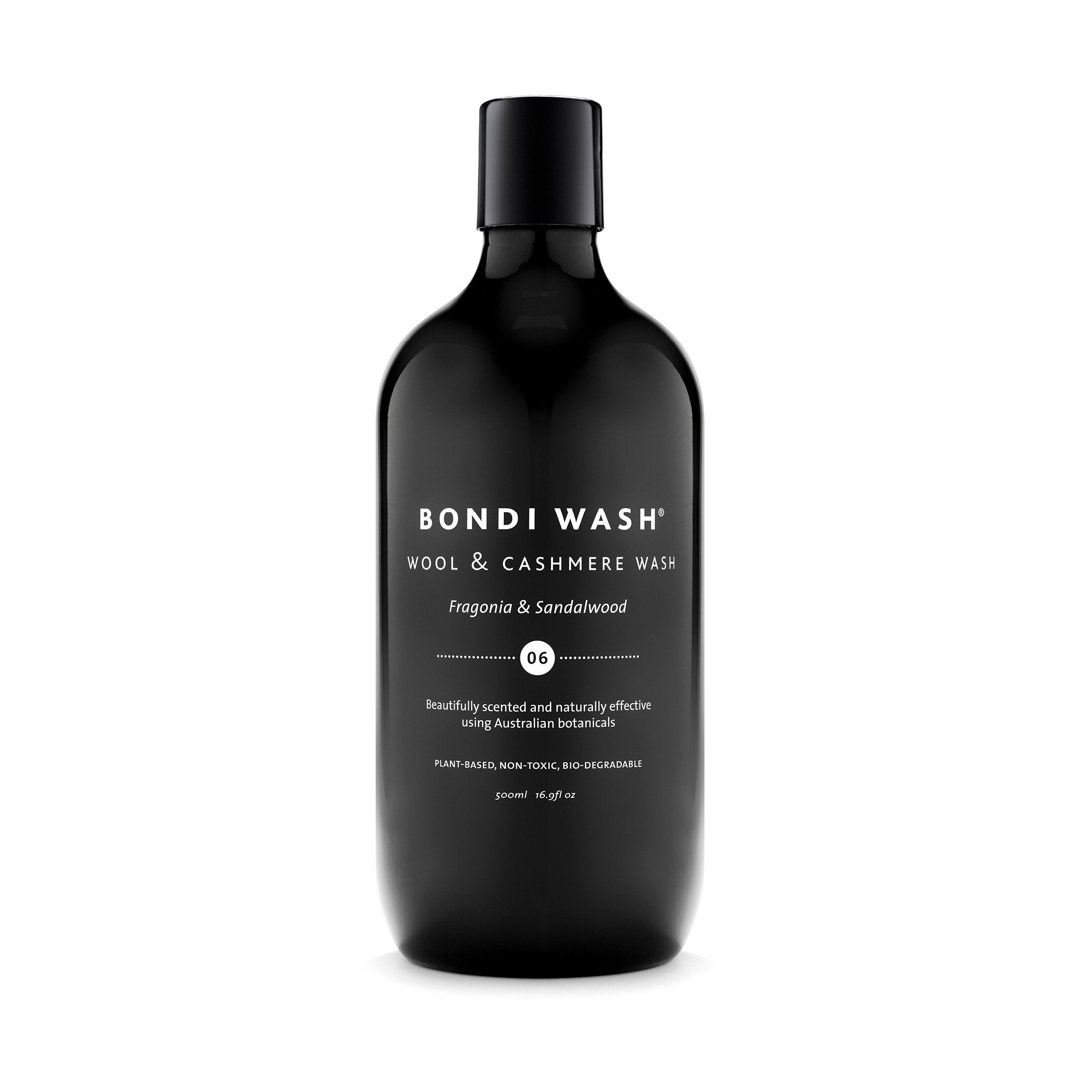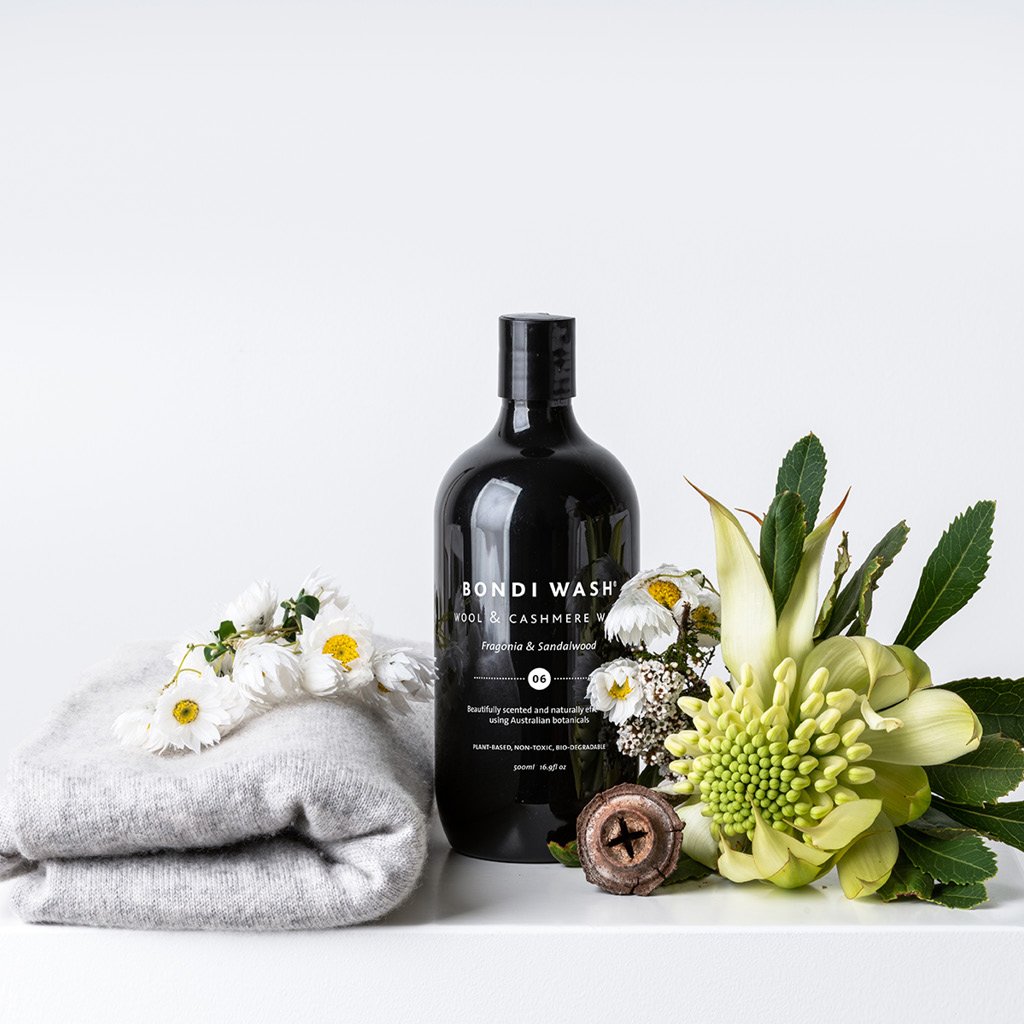As consumers become more aware of toxic (and often hidden) chemicals within household and body products, we see an explosion of products on the market that claim to be 'natural', 'eco-friendly', and 'good for the environment' without any proof or due diligence. This deceptive marketing practice is known as 'greenwashing'.
Greenwashing is the practice of making unsubstantiated claims about the environmental benefit of a product (or company practice) that can often mislead consumers into thinking a product is more environmentally friendly than it is. Below are a few suggestions on how to recognise and avoid greenwashing.
1. Look for ingredients that are just not natural. There are a number of products that claim to be natural or eco-friendly that often contain ingredients that are not natural. We've listed a few below for you to watch out for:
- Cocamidopropyl Betaine (Coco-betaine), a foaming agent often used in ‘natural’ products which sounds like it is derived from coconut but is also derived from ‘dimethylaminopropylamine’ and isn’t completely plant-based. Potentially impacting non-renewable palm plantations, it has also been claimed to be an allergen.
- Sodium Coco Sulphate. Often used in 'natural' products to replace SLS but very similar to SLS (just slightly less processed). Companies claim SLS free but use this instead. It can be just as irritating as SLS.
- Sodium Benzoate. Many claim 100% and use this as a preservative. It can be sourced naturally but mostly it is made synthetically.
- Phenoxyethanol. This preservative is very widely used. It is cheap, usually sourced from China and definitely not natural.
- Methylisothiazolinone. Another commonly used preservative that is heavily restricted in Europe and Japan. If a company uses it their products will not be very natural.
- Synthetic fragrance. Even if all the other ingredients are natural, the addition of synthetic fragrance can mask a range of toxic chemicals not required to be listed, often with bad side effects to the health and the environment.
2. Beware of bold statements and buzzwords. For example, 'eco', 'eco-friendly', 'green', 'organic', these words can be used without any real substance. Companies can be sued or fined, but in reality the authorities generally do nothing.
3. Look for the exact % natural ingredients. At Bondi Wash we are starting to list this on our website and on the products as we think this is the most genuine way of informing customers as to the degree to which our products are naturally derived.

